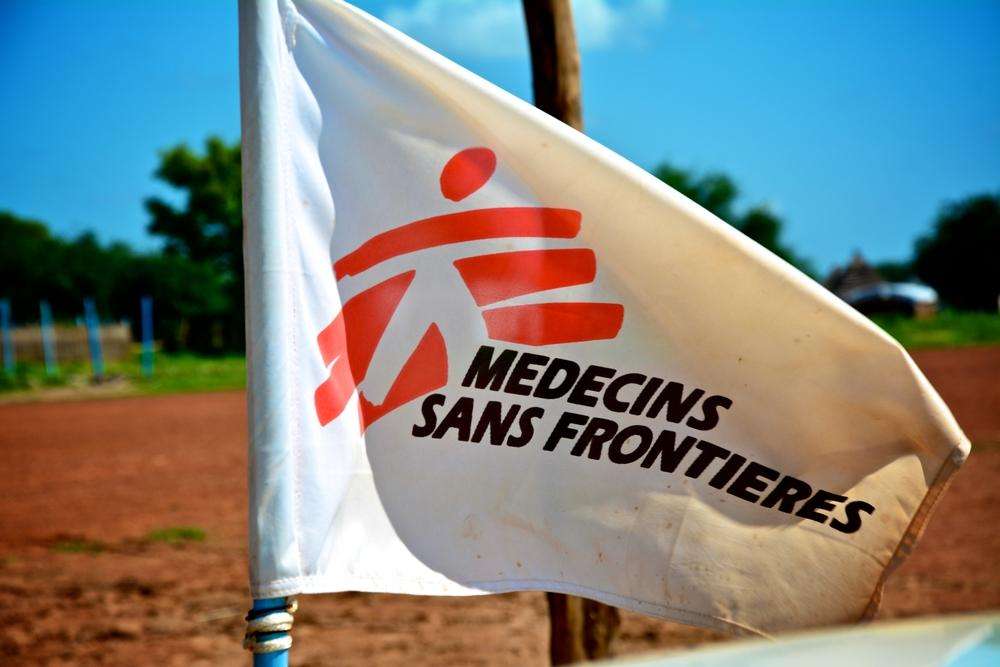NEW YORK/ROME, MAY 25, 2017—Ahead of the G7 summit that’s starting tomorrow in Italy, the international medical humanitarian organization Doctors Without Borders/Médecins Sans Frontières (MSF) is urging participating countries to address high medicine prices and drug-resistant infections, which affect people everywhere. Today, across the G7, countries are struggling to pay for new medicines to treat life-threatening illnesses like hepatitis C.
At the same time, the current system of research and development fails to meet critical public health needs, including the creation of new drugs and diagnostics to address drug-resistant infections that are affordable for the people who need them. G7 governments should also set new approaches for medical research and development that end the reliance on high prices to pay for the creation of new medical tools, ensure public return on public investment, make products affordable, share data and knowledge and prioritize people’s health needs. The G7 should take urgent steps in their own countries and beyond to address the epidemic of high prices that is negatively impacting patients around the world.
“Every day, MSF doctors are confronted with a lack of effective treatments to cure diseases such as drug-resistant tuberculosis. The need for medical innovation is urgent, but products need to be affordable and easy to use in all health systems. Today's system of pharmaceutical research—based on patent monopolies and high prices—is failing all of us by not effectively addressing drug-resistant infections, global epidemics such as hepatitis C or epidemic outbreaks like Ebola, as well as a range of non-communicable diseases.”
—Dr. Els Torreele, executive director of MSF’s Access Campaign




